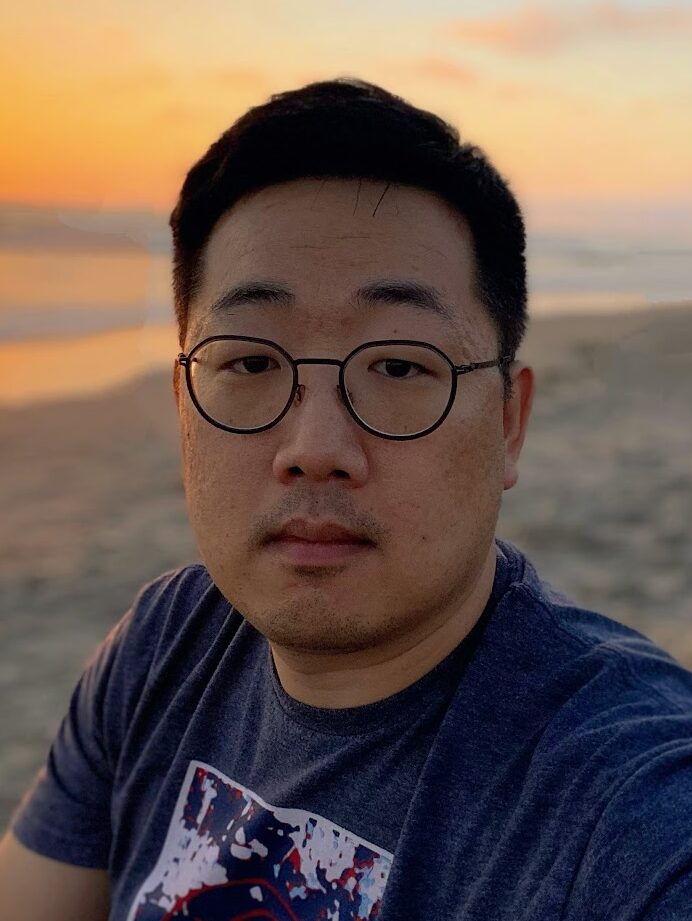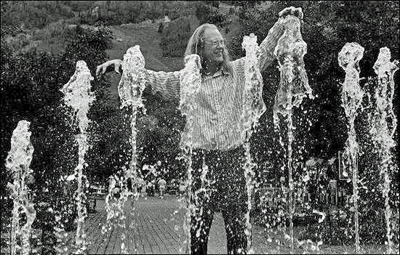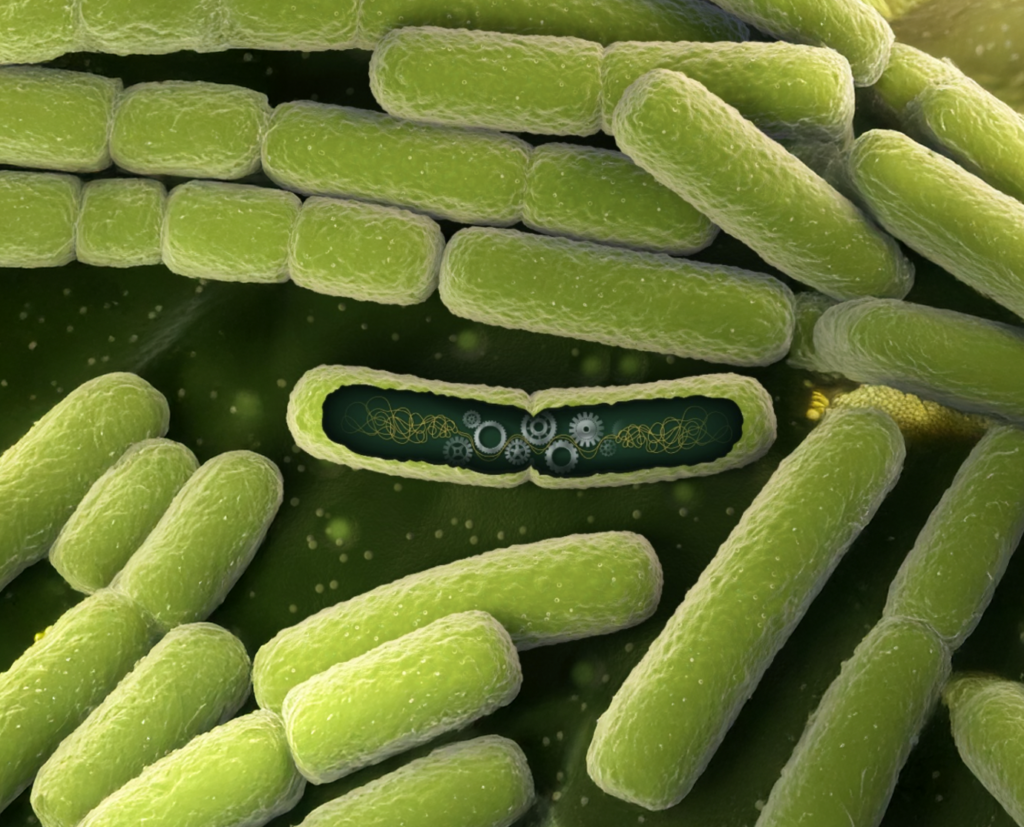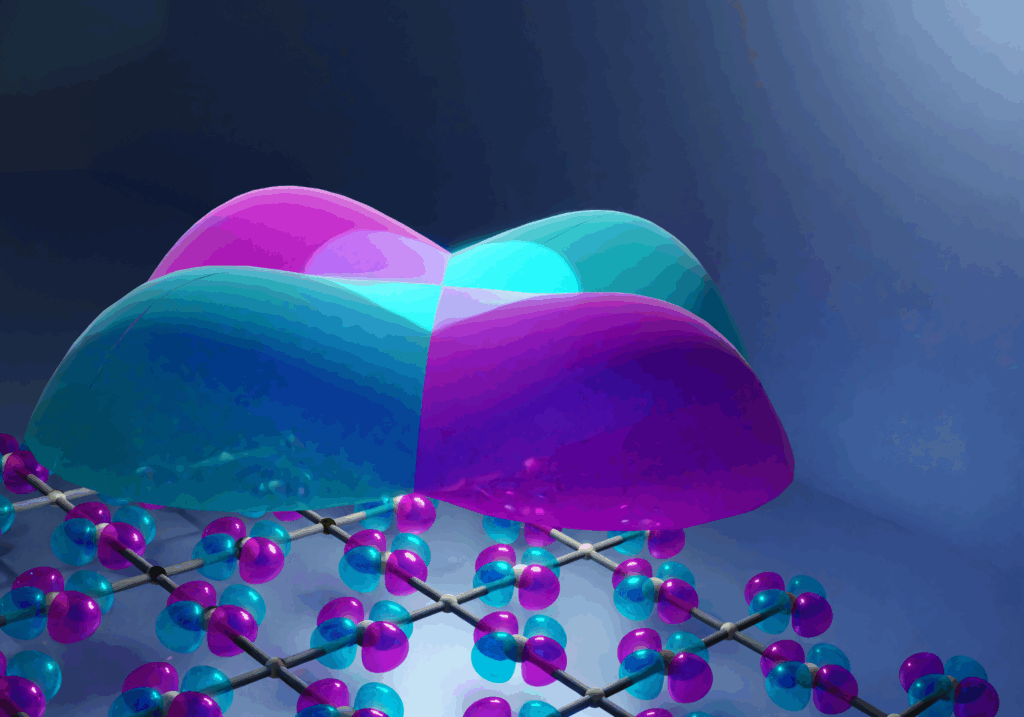

Public Lecture
An Invitation to Imagine Something from Nothing
Philip Chang
University of Florida
Wed, Mar 27, 5:30–6:30pm
Join us at 5pm for Tea & Cookies prior to the lecture.
Abstract
Is the glass half-full or half-empty? The glass is full of particle fields. Although you cannot see it, even the empty space around you is filled with particle fields. They form the fabric of our universe — forming everything you see, from the stars and far-away galaxies to the cup of coffee you are drinking. They push and pull in an expressive “dance” with each other, following specific rules to operate the visible and invisible world.
Particle physicists put on a show of the fields “dancing” through experiments and observe the performance over and over again to gain a deeper appreciation of their rules for interaction. Today, particle physicists are using the Large Hadron Collider (LHC) to collide protons with unprecedented energy, to put on a show unlike any previous experiments have. Through this experimental quest, we have discovered the Higgs field, which led to the Nobel Prize. Now we are on a quest to understand the rules of the Higgs field — and more.
We invite the audience to imagine with Professor Chang the particle fields that exist in empty space, to share the deep appreciation that particle physicists have for the natural world, and to imagine together the possible future in this quest to understand particle fields.

About Philip Chang
Dr. Philip Chang is an experimental particle physicist who studies the fundamental forces of nature and its building blocks. He has been a member of the CMS Collaboration at the Large Hadron Collider (LHC) of the European Organization for Nuclear Research (CERN) in Geneva, Switzerland. In the past, Chang had also been a member of ATLAS Collaboration at the CERN LHC. Chang’s primary focus is on the investigation of the electroweak and the Higgs sector of the Standard Model (SM) through studying production of multiple massive particles. He has been involved in several searches and measurements of multiboson (boson = W, Z, H) signatures at the LHC. Chang has also been developing a novel charged-particle track finding algorithm to address the challenges of exponentially increasing computing resource usage at the High-Lumi LHC (HL-LHC), leveraging industry advancements in heterogeneous computing and artificial intelligence techniques.
Nick and Maggie DeWolf Public Lecture Series
The Nick and Maggie DeWolf Foundation has sponsored our winter public lecture series since their inception in 1985. The Nick and Maggie DeWolf Foundation is a nonprofit organization based in Aspen, Colorado. Its core tenet is to provide support to groups and organizations interested in improving the quality of life and education in the world. During the winter, Aspen Center for Physics hosts week-long conferences, and during each conference one of the conference participants is asked to give a public physics talk. You can watch past talks on our YouTube channel here.



